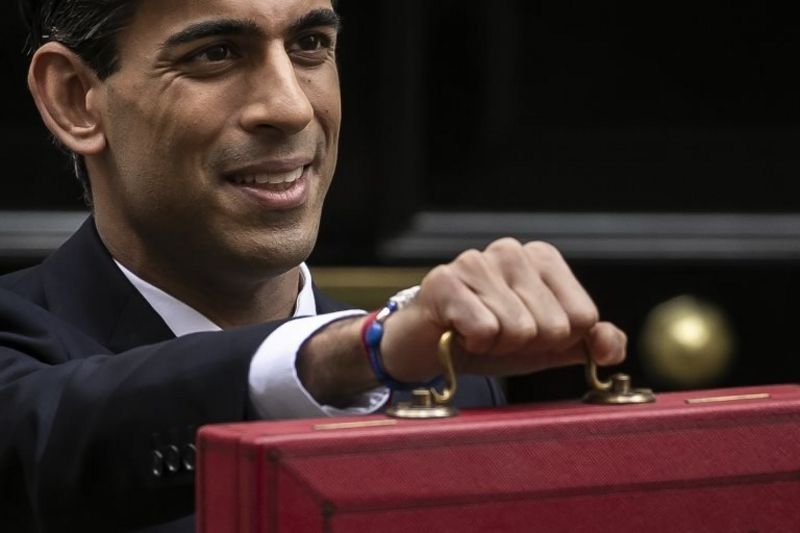


Xi, China has increasingly sought to supplant the Western-led global order, using its economic might to win over other countries. In their communiqué, the G7 leaders said “a growing China that plays by international rules would be of global interest,” but, under Mr. Kirton said the language on co-operation was “more extensive than before.” This could be because “the G7 thinks it is winning and is taking a chance on co-operation as a result.” Biden said the United States would “compete vigorously” with China but “competition should not veer into conflict,” and called on the two countries to do more to co-operate on key issues such as climate change and global food security.Įven as the G7 has focused more on China, sparking Beijing’s ire, Dr. Speaking to Chinese leader Xi Jinping on the sidelines of the G20 summit last year in Bali, Indonesia, Mr. John Kirton, director of the Group of 20 and G7 research groups at the University of Toronto, compared the approach taken toward China by the G7 to the stance laid out by U.S. He added there were “areas in which we’re going to have to co-ordinate and co-operate with China,” but also space for competition “on economic levels and others,” and “to challenge China” on human rights and interference in other countries’ economies and democracies. “It doesn’t mean that we shouldn’t be engaging with China in many important ways.” “Dealing with China is something we’re all going to have to do,” Prime Minister Justin Trudeau said Sunday, the final day of the three-day summit. While emphasizing they did not intend to decouple from China, Group of Seven leaders said “economic resilience requires derisking and diversifying,” and in a separate statement warned of a “disturbing rise in incidents of economic coercion,” another apparent swipe at Beijing. A communiqué released Saturday included a lengthy section expressing concern about Chinese trade practices, alleged political interference and human-rights abuses, while calling on Beijing to do more to “press Russia to stop its military aggression, and immediately, completely and unconditionally withdraw its troops from Ukraine.” Leading into this year’s summit in Hiroshima, Japan, it was clear China would be the major topic of discussion, alongside the war in Ukraine. When Canada last played host to the G7, in 2018, there was just one reference to Beijing in the resulting 4,000-word leaders’ statement, an expression of concern about rising tensions in the East and South China seas.


 0 kommentar(er)
0 kommentar(er)
